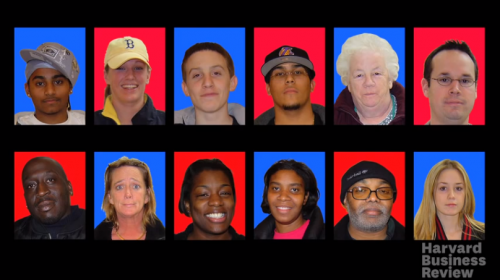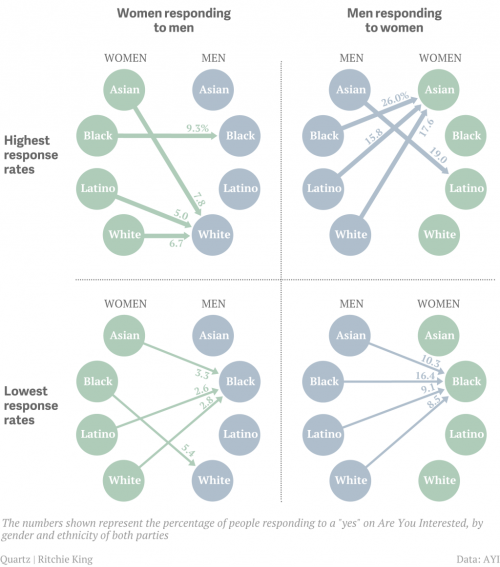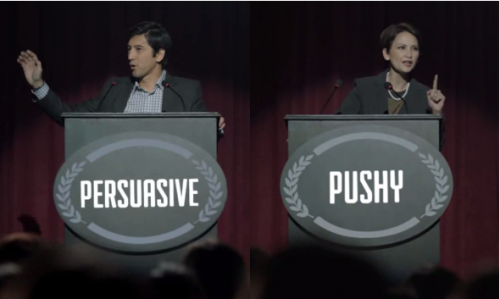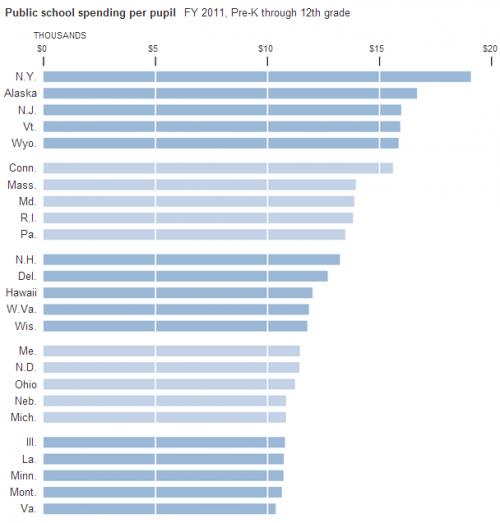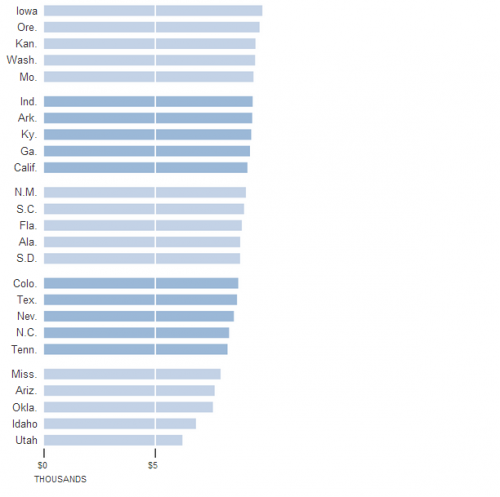Three in the morning, Dad, good citizen
stopped, waited, looked left, right.
He had been driving nine hundred miles,
had nearly a hundred more to go,
but if there was any impatience
it was only the steady growl of the engine
which could just as easily be called a purr.I chided him for stopping;
he told me our civilization is founded
on people stopping for lights at three in the morning.— from a poem by Bruce Hawkins.
I read these lines and I thought of Murray Davis.
One December long ago, I got a ride home from Boston to Pittsburgh with Murray in his black VW Beetle. He was a graduate student, I was an undergrad, and in those days the trip took twelve hours. We got into Pittsburgh some time after 2 a.m. The streets were deserted
In Shadyside on Fifth Avenue, not far from my parents’ condo, we came to a red light. Murray paused, then drove on through.
“Sociology allowed me to do that,” he said.
I can’t remember his explanation, but I think it had something to do with “rules in use” and the negotiability of norms. That’s interesting, I thought. Maybe it was even convincing, though I still turned in my seat to see if there were any cops behind us. There weren’t.
Murray was right. At that hour of empty streets, waiting for the green serves no rational purpose. When there is no traffic, traffic safety is not an issue. But Bruce Hawkins’s dad is also right. He takes a more Durkheimian view: rationality is not the basis of society. What makes society possible is people’s attachment to the group and its ideas – its values, its beliefs, and its stoplights.I wonder what Murray would have said now about this poem.
Photo by David Allan Rueter. Cross-posted at Montclair SocioBlog.
Jay Livingston is the chair of the Sociology Department at Montclair State University. You can follow him at Montclair SocioBlog or on Twitter.


